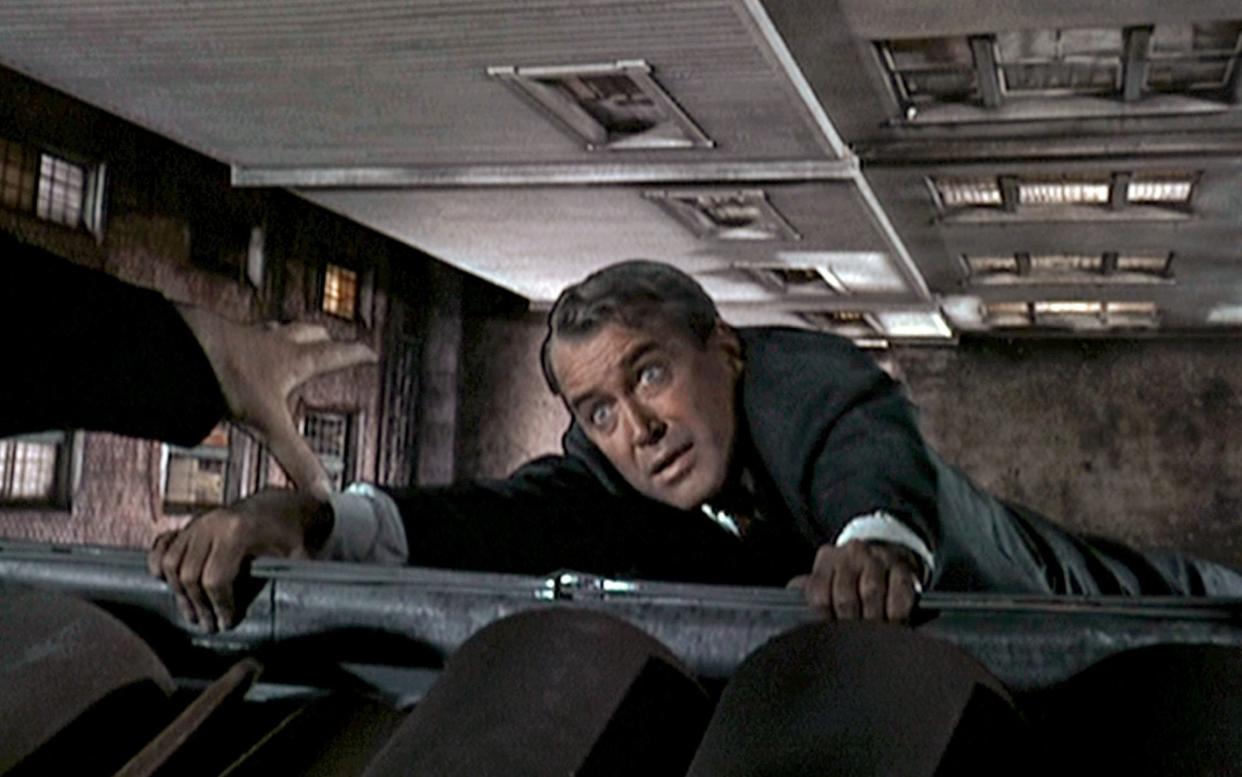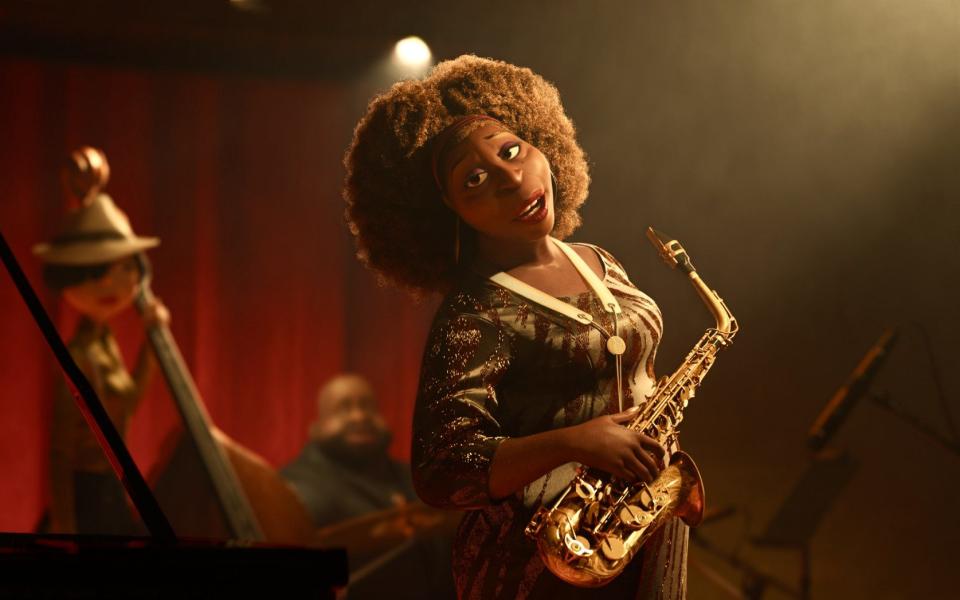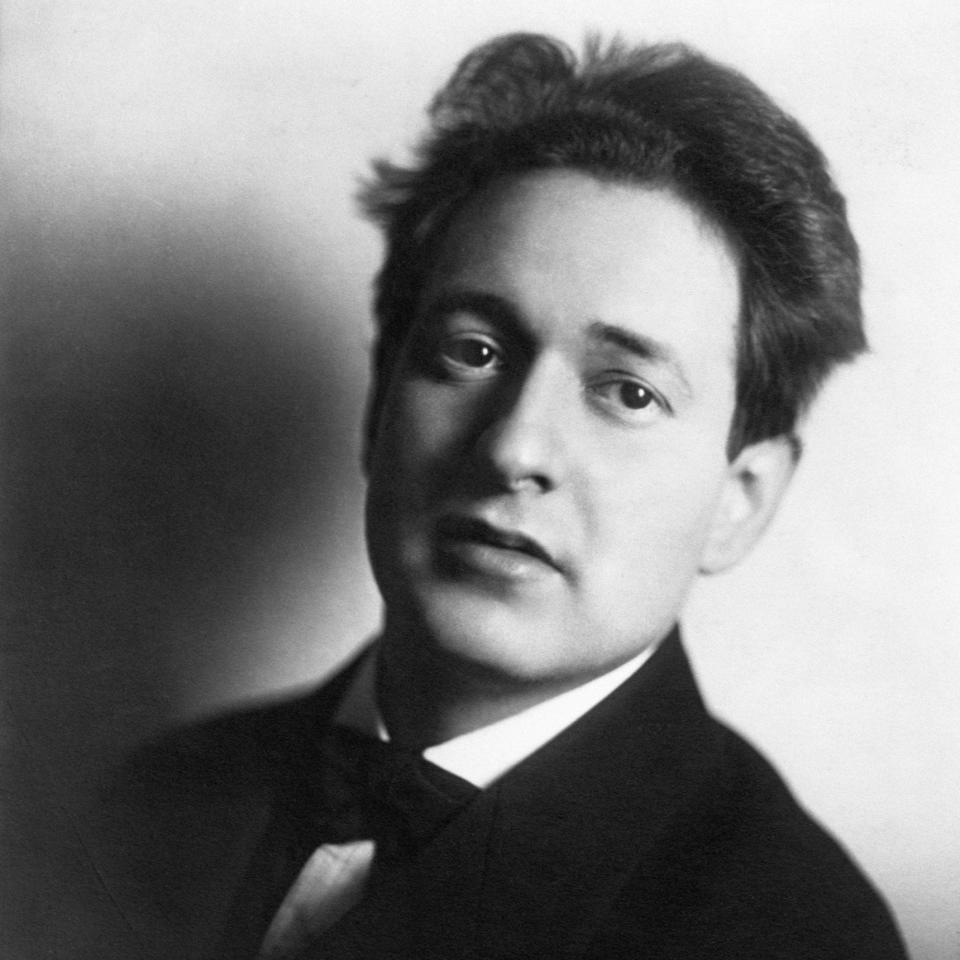From Jerry Goldsmith to Bernard Herrmann: what makes a great film soundtrack?

A reader’s letter this week pointed out the indebtedness of film scores to classical music. “Film composers may be awarded ‘best original score’ at the Oscars,” wrote Ian France, “but their art is always a synthesis of existing styles.” He singled out the great Bernard Herrmann, for his various homages to Jules Massenet and Richard Strauss (in Citizen Kane); the Bartók-esque rhythms of those diabolical strings in Psycho; and the striking resemblance of the love theme in Vertigo to Wagner’s Liebestod from Tristan und Isolde.
For decades, there were actually two Oscars handed out per year for film music – an “adapted” category as well as an “original” one, just as with the screenplay prizes. But originality per se is rarely the most prized virtue in film composing, which likes to fall back on certain tried-and-tested recipes, while also throwing in unexpected ingredients where possible, to keep us on our toes.
It’s a magpie’s art, produced to order within a constricted time-frame, and so tending to seize on familiar timbres and rhythms because they can get straight into an audience’s bloodstream. Stereotypically, a burst of manic percussion might give a suspense scene instant oomph, or soaring strings might come into play for an emotive long goodbye. If Rachmaninov worked a treat for Brief Encounter, variations on his languorous artistry were audible in all those swooning melodramas of the 1940s.
Filmmakers in cinema’s first few decades knew which classical sources to plunder, and in those early years, they often hired composers straight from the concert halls. The first score written specifically for a film was by Camille Saint-Saëns, who composed 15 minutes of scene-by-scene accompaniment for the silent historical drama L’assassinat du duc de Guise (1905); soon, for René Clair’s Dadaist short Entr’acte (1924), Erik Satie even synced his music to specific frames.
Two great Russians, Prokofiev and Shostakovich, were set to work on a number of epic film collaborations: Prokofiev’s Alexander Nevsky (1938), later arranged into its famous cantata for live performance, is especially revered. It was innovatively mixed, with horns, representing the rampaging Teutonic Knights, placed close to the microphone for extra distortion. Unusually, it actually dictated the way Sergei Eisenstein cut the film, in a rare instance of the cart leading the horse. William Walton was also commissioned for more than a dozen films, most famously Laurence Olivier’s Henry V (1944), Hamlet (1948) and Richard III (1955).
When Erich Wolfgang Korngold, a Viennese emigré who’d written three operas by the age of 23, was snapped up by Warner Bros, his fanfares gave a huge injection of esprit to their Errol Flynn swashbucklers such as Captain Blood (1935) and The Adventures of Robin Hood (1938), for which he won an Oscar. Looked down upon forever after by the classical establishment, he still had proud company among his fellow studio composers at the time – the likes of Max Steiner (Gone With the Wind), Franz Waxman (Rebecca), Dimitri Tiomkin (High Noon) and Miklós Rósza (Spellbound).

Korngold revolutionised scoring beneath dialogue, and the use of leitmotifs, essentially approaching films as opera without singing. While influenced in his own right by the late Romanticism of Mahler, he established a model for “blockbuster” film music which points all the way forward to John Williams. The brassy exuberance of the latter’s Star Wars fanfare, it has been noted, is astonishingly similar to Korngold’s theme for King’s Row (1942).
Like Herrmann, Williams has always been a master of pastiche and reinvention – listen to the jaunty Henry Mancini-isms of his Catch Me If You Can (2002), or the touches of Holst’s Planets Suite dappled through his science fiction scores, such as the wonderful AI: Artificial Intelligence (2001). When a film composer of his stature builds up a body of work, extra enjoyment comes from being able to play spot-the-influence and recognise everyone’s specific favourites.
Who better than Sibelius to inform, musically speaking, a quest through rugged mountainous terrain, over hill and dale, in a saga steeped in Norse mythology? That’s why Howard Shore was absolutely the right man to score Peter Jackson’s Lord of the Rings trilogy, and to let his Sibelius flag fly, majestic and sky-high.
There’s a snatch of the latter’s third symphony, towards the end of the first movement, that almost note-for-note sounds like a gathering of hobbits if you listen now. But that doesn’t mean Shore is in any way a one-trick pony. His early work for David Cronenberg on something like The Brood (1979), with its biting string dissonance and nervy confinement, is much more like a Bartók string quartet.

Jerry Goldsmith, an old favourite of mine, got 18 Oscar nominations over his career, but only won once, for his marvellously deranged choral score to the horror hit The Omen (1976), complete with Latin lyrics for the Black Mass “Ave Satani”. Is it his most original work? Absolutely not – it’s an obvious twist on Gregorian chant, via Carl Orff’s Carmina Burana, with a heavy hit of Stravinsky chugging under there in its irregular ostinato blasts. But it’s also unforgettable, and hugely amplified the film’s effectiveness. (Personally, I might have given Goldsmith extra trophies for his elegant Chinatown, growling Alien and brilliantly avant-garde Planet of the Apes scores – all three superb quilts of very different musical ideas.)
This year’s Oscar champ is likely to be the hybrid soundtrack for Pixar’s Soul. Alongside the breathy jazz songs composed by Jon Batiste for the New York sections, Trent Reznor and Atticus Ross wrote the ethereal, New Age-y score for Joe Gardner’s visits to the Great Before. The two threads achieve a mellow harmony together.
Still, Reznor and Ross ought to be losing this year – to themselves. Their work with big-band 1930s sounds on David Fincher’s Mank is livelier, more thrusting, and in terms of their own contribution to the art of scoring, a bigger swing which I’d rather see celebrated. It’s borrowing from all over the place – but with serious pizzazz.
Jerry Goldsmith: 40 Years of Film Music is available to buy via silvascreenmusic.greedbag.com (£15.99)

